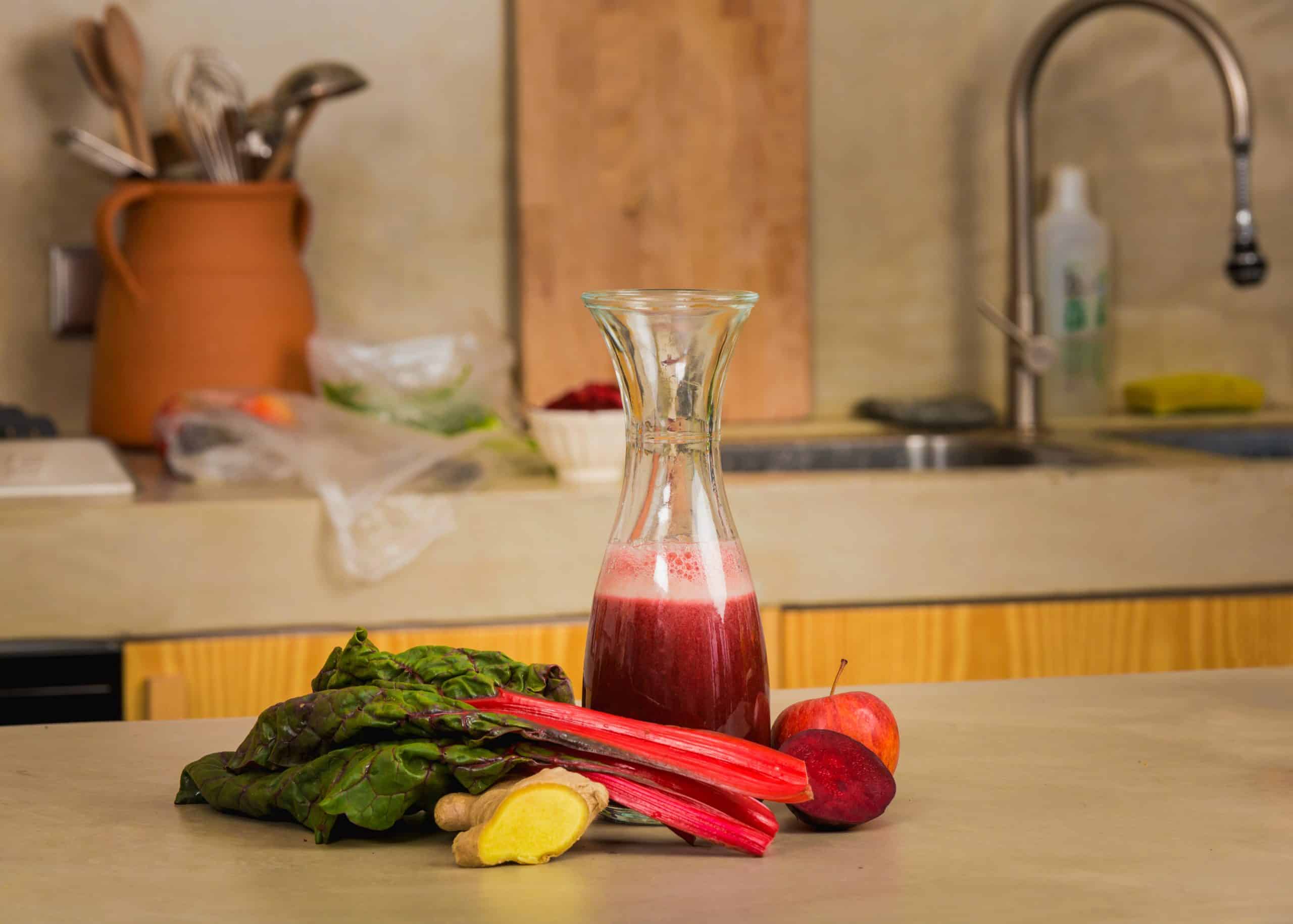Cats are beloved pets, with the Maine Coon being one of the most cherished breeds. In recent years, the health of these furry friends has come under scrutiny, particularly in regards to a heart disease known as hypertrophic cardiomyopathy (HCM). You might be asking, what is the connection between this disease and your Maine Coon’s diet? Let’s delve into this topic and lay out the vital steps in developing a diet tailored to your Maine Coon with HCM.
Understanding Feline Cardiomyopathy
Before we step into the realm of diet, it’s crucial to understand what hypertrophic cardiomyopathy is and how it impacts your Maine Coon’s health. HCM is a clinical disease associated with the thickening of the left ventricle of the heart. This can eventually lead to heart failure, often abbreviated as CHF (congestive heart failure).
Sujet a lire : How to Craft an Enriching Indoor Playground for a Feline with FIV?
Unfortunately, Maine Coons are genetically predisposed to HCM. The disease results in a reduction of blood flow, causing undue stress on your cat’s heart and potentially leading to other health problems. The early signs of HCM may be subtle but look out for lethargy, rapid breathing, and loss of appetite. It’s always best to schedule regular checkups with your veterinarian to monitor your Maine Coon’s health.
Dietary Management for Cats with HCM
Managing your Maine Coon’s diet is pivotal in dealing with HCM. While it won’t cure the disease, a carefully planned diet can undoubtedly assist in managing the symptoms and may slow the progression of the condition. The primary aim is to ensure optimal nutrient balance while reducing any strain on the heart.
Sujet a lire : What’s the Optimal Exercise Regimen for a Border Collie-Australian Shepherd Mix?
The ideal diet for a Maine Coon cat with HCM is high in protein and includes components like taurine and arginine that are essential for a healthy heart. Reduced sodium intake is also recommended as it lessens the workload on the heart. Additionally, the diet should be low in fats to prevent obesity, which can amplify the symptoms of HCM.
It’s important that your cat’s diet is gradually adjusted to avoid upsetting their digestive system. Be patient and give your cat time to adapt to the new diet.
Clinical Diets and the Role of Therapeutic Food
Clinical diets are specially formulated foods available by prescription from your veterinarian. These diets are designed to address specific health issues, such as kidney disease or urinary problems, and have been proven to be beneficial for cats with cardiomyopathy.
Therapeutic foods are clinically tested to support heart health, manage clinical symptoms, and reduce the risk of other conditions like blood clots. They are often low in sodium and phosphorus, while providing high-quality protein and other essential nutrients.
However, it’s essential not to switch your cat’s diet abruptly to a clinical diet. It would be best if you phased it in gradually, mixing increasing amounts of the new diet with your cat’s current food until you have fully transitioned.
Homemade Diets for Cats with HCM
If you prefer a more hands-on approach, homemade diets also offer a valid, nutritious alternative. However, these require meticulous planning and a thorough understanding of your cat’s nutritional requirements.
In any homemade diet, protein should be the star ingredient. Options include lean meats such as chicken, turkey, and rabbit. Vegetables can also be included but should be cooked to ensure they are easily digestible.
Supplements are often necessary to meet all the nutritional needs of a cat with HCM. For instance, taurine is a critical heart-healthy nutrient that cats cannot produce themselves. Other vital supplements include Omega-3 fatty acids, which support heart health, and Coenzyme Q10, which can help with energy production and antioxidant protection.
Always consult with your veterinarian or a feline nutritionist before embarking on a homemade diet journey, as it’s critical to meet all the nutritional needs and balance the diet appropriately.
Key Takeaways
As a Maine Coon owner, it’s crucial to understand that while diet is a significant aspect of managing HCM, it is just one piece of the puzzle. Regular check-ups with your vet, medication where necessary, and a quality, low-stress environment are all equally important in ensuring your cat’s well-being.
Developing a customized diet for a Maine Coon cat with HCM may feel like a daunting task, but it is entirely achievable. Armed with knowledge and guidance from your veterinarian or a feline nutritionist, you can play a critical role in managing your cat’s cardiovascular health. Remember, it’s all about maintaining a balance and ensuring your furry friend gets their nutritional needs met while reducing strain on their heart.
Monitoring and Management: The Big Picture
While diet plays a significant role in managing congestive heart failure in Maine Coons, it’s just one part of the comprehensive management plan. A holistic approach is central to helping your Maine Coon navigate through the challenges of HCM. This includes regular vet visits, medication, and a stress-free environment.
Your vet should regularly monitor your Coon cat’s health to keep tabs on the progression of the heart disease. This might involve echocardiograms to assess the left ventricular and left atrial function, blood tests, and other clinical signs. It’s also essential to have frequent discussions with your vet about your cat’s dietary needs. They can provide valuable guidance and make necessary adjustments to the diet based on changing nutritional requirements.
Medication is often a necessary part of managing HCM in cats. Drugs like beta-blockers or calcium channel blockers may be prescribed to improve heart function. Diuretics might be used to prevent fluid build-up, a common symptom of congestive heart failure.
Finally, creating a stress-free environment for your cat is paramount. Stress can exacerbate symptoms and progression of the disease. Simple measures like maintaining a consistent routine, providing comfortable resting spots, and avoiding loud noises can make a significant difference.
Concluding Thoughts
As we conclude, it’s important to note that feline hypertrophic cardiomyopathy is a serious condition, especially in Maine Coon cats who are genetically predisposed to it. However, with the right course of action, it’s possible to manage the disease and give your beloved pet a quality life.
Remember, diet is a vital part of managing HCM in your Maine Coon. Whether you choose to feed your cat a clinical diet prescribed by your vet or a homemade diet, ensure it’s high in protein, low in sodium and fats. Essential nutrients like taurine, arginine, and Omega-3 fatty acids are critical for their heart health.
While diet is crucial, don’t forget the other components: regular check-ups, necessary medication, and a stress-free environment. These aspects combined will help manage your Maine Coon’s heart disease.
Finally, don’t be discouraged. Managing your Maine Coon cat with HCM might be challenging, but your efforts can dramatically improve their quality of life. With your love and the guidance of a trusted veterinarian, your Maine Coon can continue to thrive despite their diagnosis.











